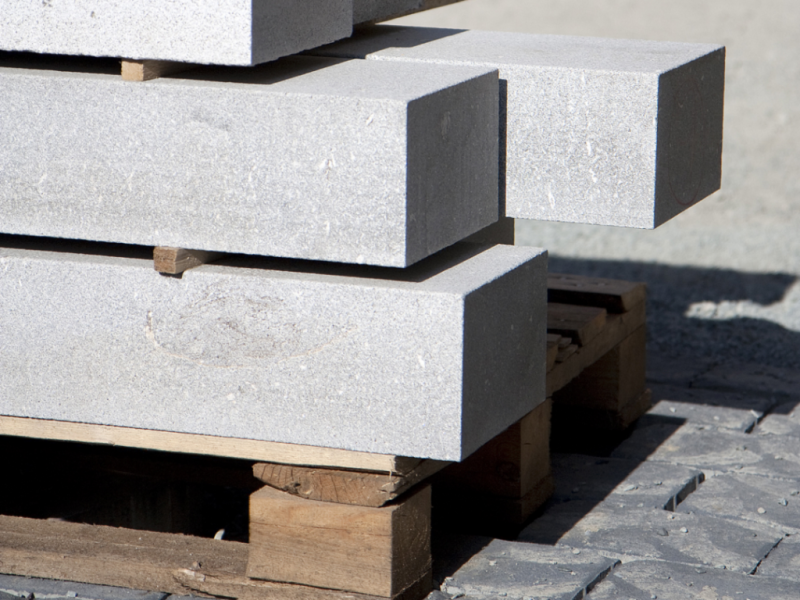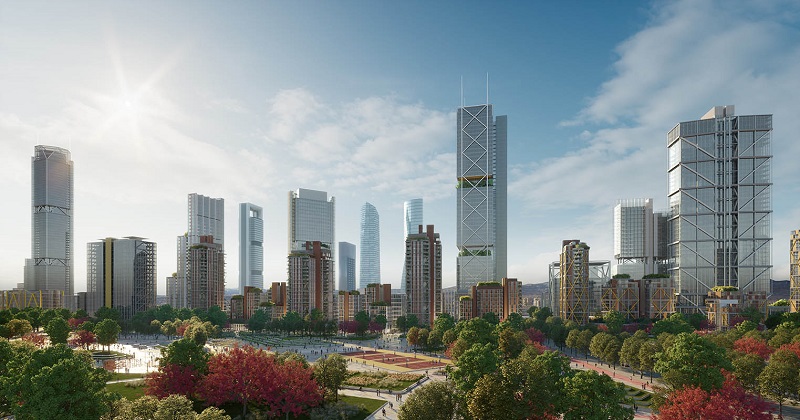24 June 2020
for Madrid Nuevo Norte


Madrid Nuevo Norte’s sustainability measures encompass a variety of areas, including social and economic aspects to the strictly environmental. At 5.6 kilometres long covering an area over 2 million square metres, it is Europe’s largest urban regeneration project. A project of such magnitude necessarily mobilises a large number of resources. Hence, all materials which may be used in Madrid Nuevo Norte are being scrutinised. Likewise, individual plans are being made to minimise consumption, optimise production and management and reduce the carbon footprint. To that end, energy and water management are essential, but responsible use of building materials for infrastructures, streets and buildings is equally important for urban development.
Madrid Nuevo Norte proposes a comprehensive approach to the life cycle of the materials used to implement the project. It will also incorporate the principles of the circular economy to ensure a low carbon footprint and minimum consumption of resources. To this effect, a study will be carried out that will take into account technical and economic aspects when selecting the preferred sustainable materials.
This includes selecting preferably locally-sourced materials, i.e. locally-extracted and manufactured. Materials from Madrid and nearby areas, within a 160-kilometre radius from the project, will be prioritised. Where this is not possible, domestic materials shall be used.
Another critical factor is the processes used to extract the material. Where timber is used for construction, Madrid Nuevo Norte will prioritise the use of certified wood, i.e. it should have a forest certification from an independent body that guarantees that the forests from which the wood has been harvested comply stringent criteria and standards.

Wholly or partially recovered and recycled materials will feature prominently in Madrid Nuevo Norte. The more locally sourced the materials, fewer transport resources will be used. With that in mind, giving construction waste from the project a second life is a doubly sustainable approach because it not only reduces waste but also leads to savings in consumption and transport of new materials. For this reason, Madrid Nuevo Norte proposes recycling the waste material generated at the construction site, wherever possible.
Not all construction and demolition waste can be reused. Therefore, an individual waste management plan will be drafted to address different issues, including how to strike a balance between the volume of land extracted and used at the construction site and the waste generated during demolition works, and estimate the volume of waste generated during the implementation phase. This plan will also define the measures for selective collection of waste to ensure adequate stocking and classification for subsequent reuse.
The measures will apply not only to the construction phase, given that Madrid Nuevo Norte foresees the development of a specific project to assess the deployment of an automated vacuum collection (AVAC) system for urban waste once the new neighbourhoods are inhabited.